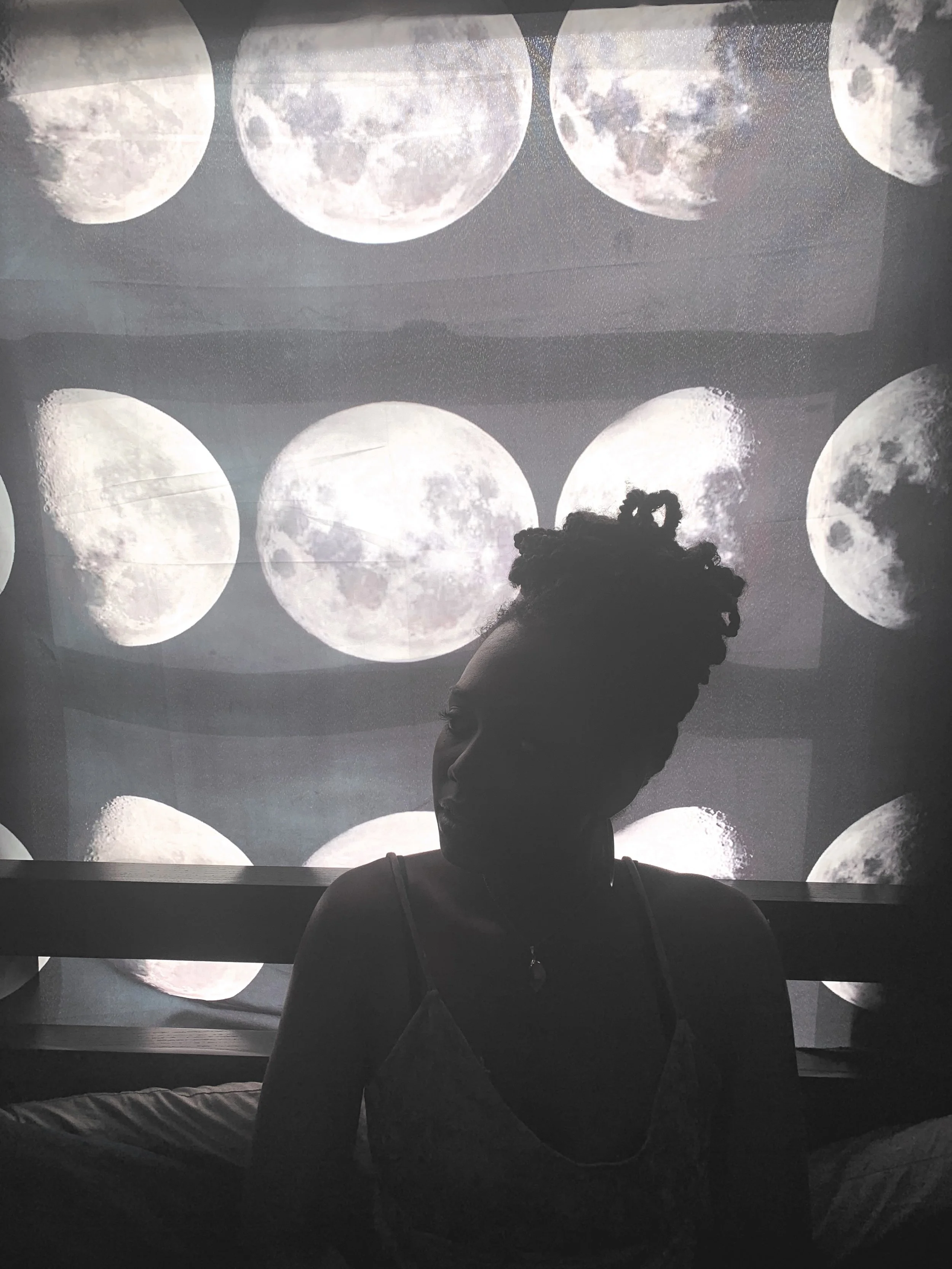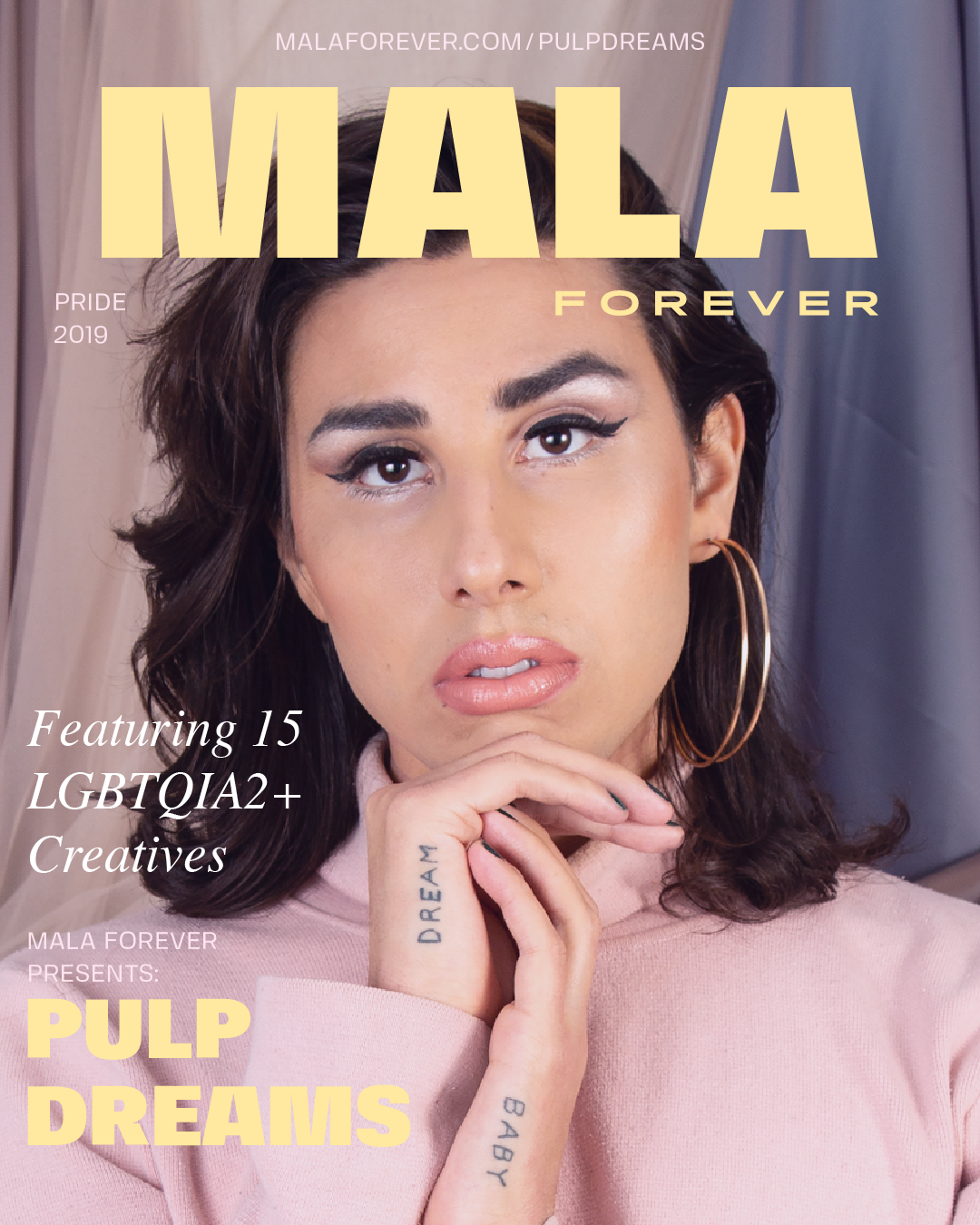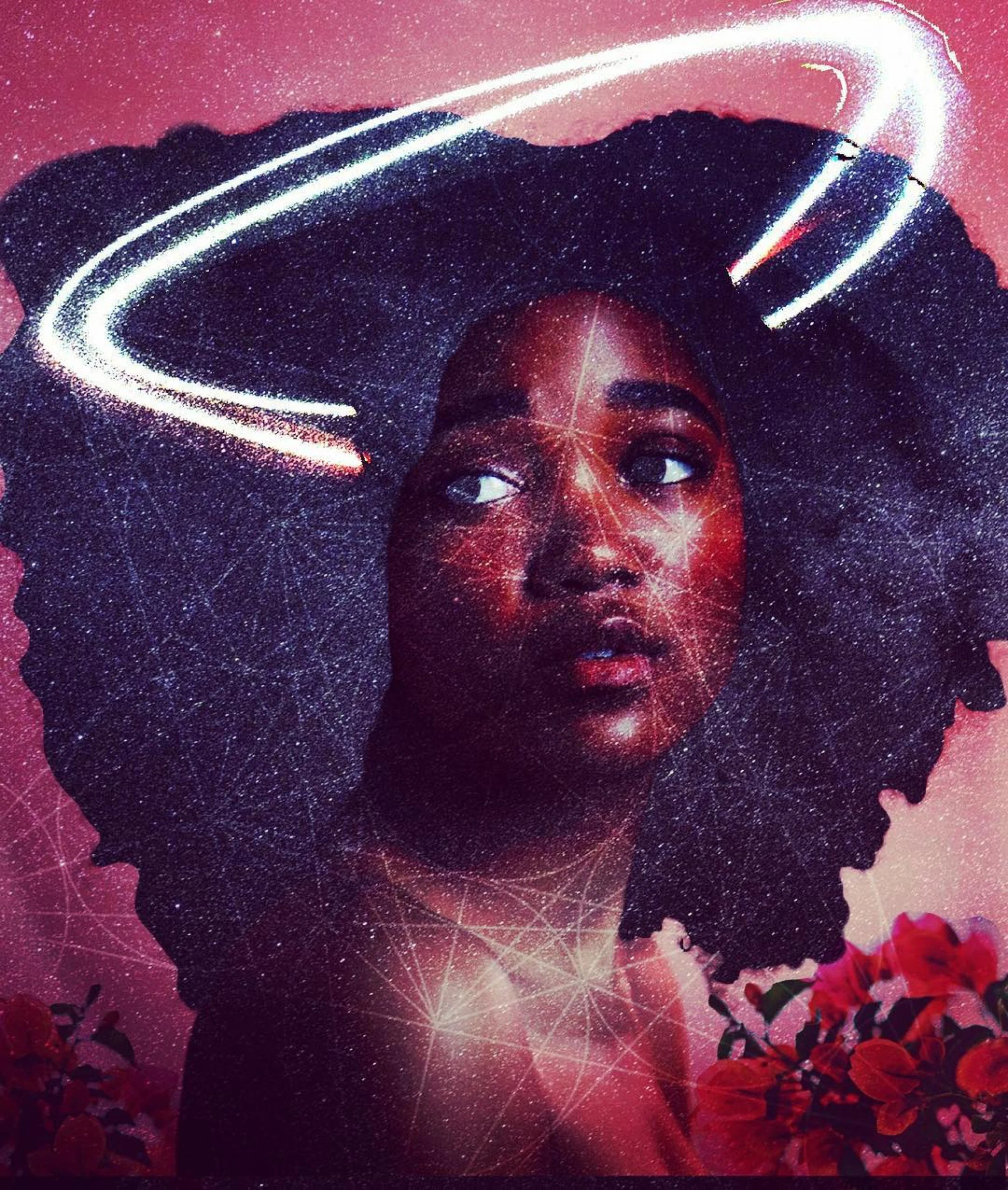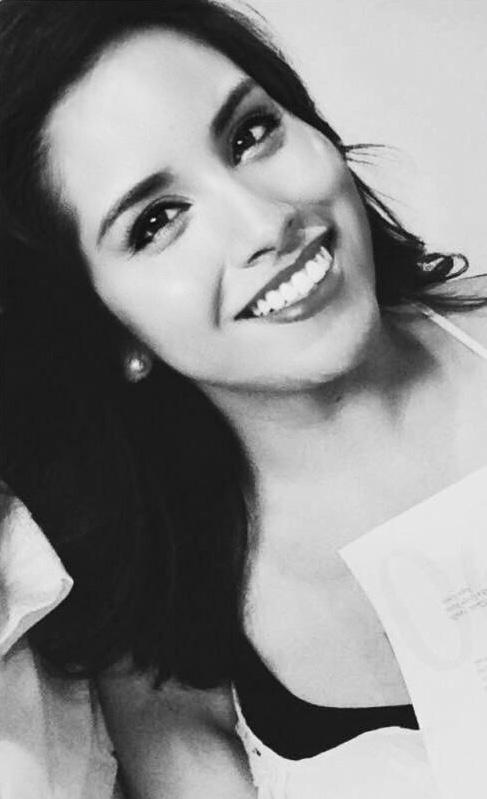By Ninamarie Ochoa
We still use the terms out of the closet or coming out to describe someone’s announcement of or openness about their queer identity. It strikes me as meaningful because “coming out of the closet” conveys emergence.
Emerge: from the latin ex- meaning “out,” and mergere, which means to “to plunge.” To merge is to be plunged into that which is like you—or that to which you become similar. To emerge is to plunge in reverse; in its earliest form, the word emerge meant “brought into the light.”
“Bring to light”: for facts to become known. “Bring to light”: for light to shine on someone or something. It’s significant that this latter definition bears resemblance to the Spanish phrase dar luz, to give birth.
What does this tell us? “Coming out,” or emergence, signifies both new knowledge and a birth. Coming out indicates an individual’s recognition of or knowledge about their own identity, and it signals the illumination, the coming into the light of knowledge, of others.
To emerge is to plunge in reverse, it is to distinguish oneself from the similarities of others by delineating the boundaries of the self. To plunge in reverse, to un-merge: if the closet is darkness, then it is the darkness of fear, of not knowing, of possibility unfulfilled. To merge is to become like the darkness into which you plunge. But to emerge, to “come out of the closet,” is a stepping into the light. You can become the darkness, but in emergence, you are born as light.
This is the story of my queerness—how I “came out.”
But here’s another word in this linguistic family: emergency.
•
A girl I love told me once that we come out for straight people. Imagine: a performance of emergence to prove a difference that exposes you to censure, even violence. It’s announcing the drawing of your borders outside expected boundaries, like a reminder that the Chihuahuan Desert occupies both sides of an international border.
Borders and deserts: I was born on a day the desert flooded. Soy una fronterista—ni de aquí, ni de allá.
An emergency: the desert flooding. An emergency: plunging in reverse, trespassing my own borders.
Liminal, from the Latin limen, or “threshold.” When I reach a threshold, is it a doorway or a limit? Is a threshold where you walk in, walk out, kiss hello, goodbye; or is a threshold a tipping point—the moment you say that you’ve had enough?
•
I saw my students, young people others assumed were women, establish and protect the borders of their own queerness, had heard their stories of being locked in offices and threatened with expulsion until they came out. Locked in, coming out. (Enough.)
I sat, once, supervising a philosophy club meeting while my students discussed stereotypes about all-girl schools.
“Everyone is gay.”
“After four years, you are gay.”
It didn’t take four years, it took two. (Enough.)
A threshold is a proximity. Close to an entrance, to a limit, to emergence.
Emergency: coming out.
The closet is a threshold.
•
Nine months later, I told my dad that I was queer. Queer, not gay. Queer like curious; queer like strange; queer like the expansive alien landscape of mi frontera. I was sitting on the banks of Lake Michigan backlit by an unnaturally bright dusk. The lights in Indiana were already visible across the water.
The first thing my dad asked me, smilingly, when I came out to him was, “Is that it?” (So casual, so accepting; this elicited a smile.) Later, he asked if this meant I was going to cut my hair off. (My answer was “no.” This, an eye roll.)
My mom refused to speak to me. This was “a phase.” (A frown.) I was “confused.” (A frown.) I didn’t know any better. (A frown.) Had something happened to me? (A frown.)
Only later did I cry. Hysterically, I thought. Hysteria from hystera, Greek for “womb.” That which made me also wounded me: “Her wounds came from the same source as her power.”
My tears tasted hot and salty, like baked earth. Tears that choked me like learning to swim. Tears like a flooding desert. I was twenty-four. I was at the threshold. I was whole.
This was enough, this was my emergence, an emergency.
•
Emergence: plunging in reverse makes you visible. You are a manifestation, a spaciousness, a reification.
I’m not speaking in metaphors when I say that I am light.
(Do you realize that we turn refracted light into electricity? So I have only ever experienced my body as light. In my mind, I am the chemicals and electricity traveling between synapses. I am energy coursing across thresholds.)
Both emergence and the closet assume darkness. Darkness like a tomb; darkness like a primordial field of possibility.
“I loved you in the darkness in the center of light.,” but my emergency is lightness.
•
I witnessed my reflection weeks later.
(A witnessing, not a recognition; I only approach my self asymptotically.)
“Something there is that doesn’t love a wall,” but love was just a chemical reaction cloistered in the darkness of bone and tissue.
I am light and electricity coursing across thresholds, and the voice over the line was waves across space.
“Do you have a plan?”
“Yes.”
“You shouldn’t be alone right now.”
Emergence. An emergency.























